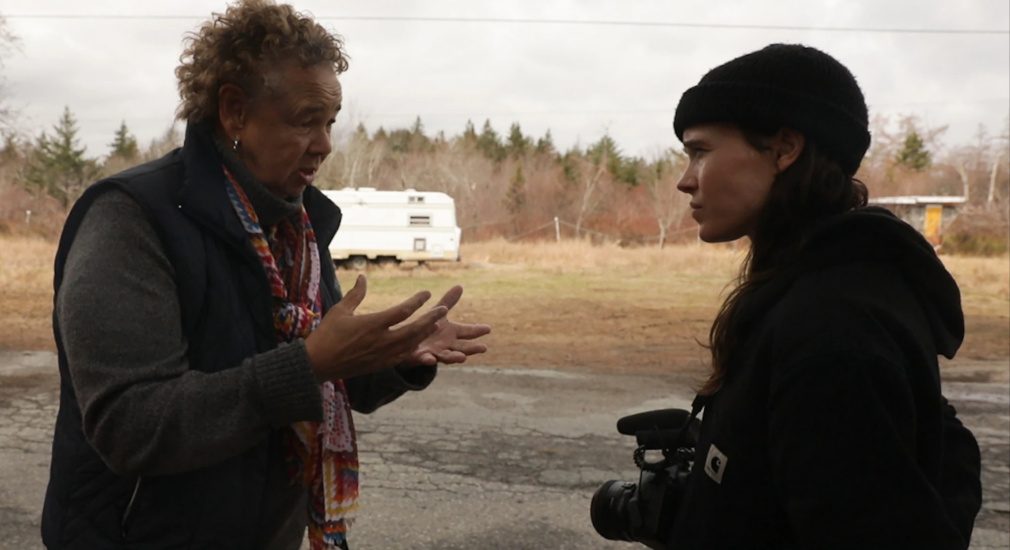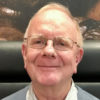
KJIPUKTUK (Halifax) – After a wait of many months Town of Shelburne councillors told local clean water activists that an offer by filmmaker and actor Ellen Page to pay for the drilling of a well to benefit a Black community within Town limits is not viable.
The proposal had been submitted to Council by members of the South End Environmental Injustice Society (SEED). SEED favours a location in the Town’s South End, home to a long suffering African Nova Scotian community where private wells are affected by water quality issues throughout the year, further aggravated by droughts in the summer months.
Page became aware of the water issues within the Shelburne Black community while filming There’s something in the water, based on Dr. Ingrid Waldron’s excellent book on Nova Scotia’s legacy of environmental racism.
The land proposed by SEED is already occupied and maintained by the town, so that should save on maintenance and liability insurance costs, the group believes.
However, a staff report to Council, briefly discussed by councillors on January 20, argued that uncertainties around treatment requirements and additional infrastructure, security and maintenance costs would make that location too expensive. Staff suggested that another location not in the South End would be more suitable.
The report does not address SEED’s contention that a history of environmental racism by the Town towards the Black community should be taken into account when deciding on the matter.
See also: A community of widows. The Shelburne dump and environmental racism
At the end of a brief discussion at Council earlier this week staff was asked to provide more detailed costing and a implementation timeline for that second location.
Louise Delisle, a member of Seed and a proponent of Page’s generous offer is not happy about the new location. She also questions some of the costs quoted in the staff report to justify that recommendation.
“It’s insulting,” says Delisle. “The new location is horrid, it’s right where the open sewer plant is. It’s offensive that this is what they would suggest, a garden hose at the sewer plant.”
Meanwhile, as the CBC reported late last week, the Town of Shelburne is in financial trouble and is facing dissolution.
Delisle is hoping that the province will attend a meeting with the Town that was requested by the African Nova Scotian Decade for People of African Descent Coalition (DPAD) after media reports on the well issue first emerged.
SEED believes an even bigger well could be dug at the location it favours, addressing a need for an alternate source of clean drinking water for all of Shelburne’s residents. Such a need is identified by the Town in its municipal climate change action plan.
Negotiations between SEED and the Town have not been easy, with the Town’s CAO Darren Shupe at one time threatening Delisle with legal action for “going to the press with unsubstantiated information which caused what may well be irreparable damage to our community.”
With a special thanks to our generous donors who make publication of the Nova Scotia Advocate possible.
Subscribe to the Nova Scotia Advocate weekly digest and never miss an article again. It’s free!




Is there any way the public can help? Maybe a petition can be created which will apply pressure for them to reconsider.
Thank you Mr. Devet, for making Shelburne sound like a country divided when its not.
‘Long suffering African Nova Scotian community’ is not even close to being correct. You are making the residents sound like paupers. There is indeed both black and white in that area, comfortable in their working class homes – not shacks like many could easily think.